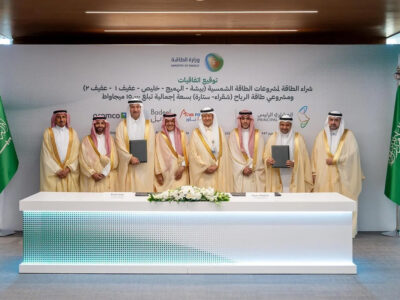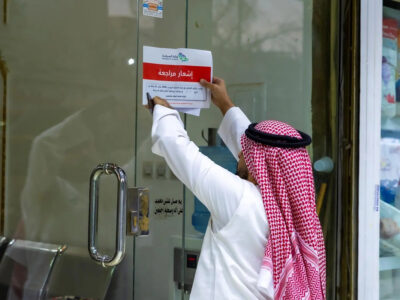Gulf Arab states will probably not meet a 2010 deadline for currency union as member nations grapple with inflation and budget criteria, but Kuwait may revalue its currency before then, a Reuters poll shows.
Twelve of 15 analysts, surveyed March 16-20, said it was unlikely or very unlikely that the six members of the Gulf Corporation Council (GCC), representing the world’s biggest oil exporting region, would meet its single currency target in three years.
Only three said the 2010 deadline was likely to be met.
Indeed the 2010 timeframe looks more uncertain since Oman – the second smallest of the six GCC members which also include Saudi Arabia, Kuwait, the United Arab Emirates, Qatar, and Bahrain – said in December it would delay entry.
“It will probably get delayed significantly, by at least a couple of years, but it won’t be scrapped as the union is a political decision,” said Mushtaq Khan at Citigroup. “They need to iron out how the convergence criteria will impact them and what they need to do about it.”
Saudi Arabia also said earlier this month that the deadline had become tight and might be pushed back.
One of the hardest economic criteria, established to help pave the way for monetary union, is that for inflation in individual GCC member nations should not exceed the Gulf average plus 2 per cent.
The problem, analysts say, is that there is limited room for central banks to raise interest rates to control price pressures as currencies are pegged to the U.S. dollar.
That has fuelled inflation from imports denominated in the euro as the greenback has weakened.
“Countries in the GCC don’t have much of a monetary policy. They have to follow the U.S. Federal Reserve and so don’t have independence to control aggregate demand or purchasing power,” said Khan.
The Fed is expected to cut rates from 5.25% later this year amid worries about weaker growth.
Other criteria which could present difficulties include public debt at 60% of gross domestic product and budget deficits which must be capped at 3% of GDP.
Prospects of further dollar weakness have boosted talk that central bank governors, due to meet in Saudi Arabia next month, could opt for a unilateral revaluation of their currency pegs.
Fourteen of 15 analysts in the poll put the chance of that happening after the April meeting at either unlikely or very unlikely while one said it was likely. But some countries may still decide to do so individually at some stage before monetary union.
Kuwait, the third largest Gulf Arab economy, was the top candidate to revalue according to several analysts though any change would probably be around a modest five per cent.
“Kuwait has been worried about purchasing power,” said Caroline Grady at Deutsche Bank, noting that the euro area was the main source of imports for all six GCC countries and that the 2010 deadline was still likely to be met.
“The convergence criteria is just a policy guide to get economies in line,” she said.
The UAE is also a likely candidate for revaluation, albeit to a lesser extent than Kuwait. But it appears more a question of when, not if, monetary union becomes a reality while the formation of the exchange rate regime may be more debatable.
“It is highly unlikely that any individual government breaks ranks and revalues on its own,” said Francis Beddington at Standard Bank, though he said a shift towards pegging the single currency against a basket of currencies was possible.







